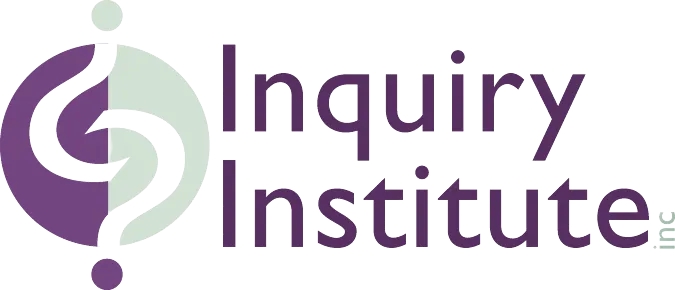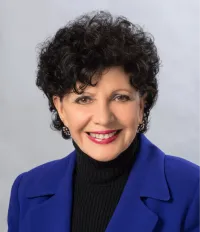Blog

The Inquiring Consultant Series
Recently I’ve been having some fascinating conversations with colleagues who’ve participated in the Inquiry Institute’s Chief Question Officer (CQO) Certificate Program. We’ve been discussing their experiences bringing Question Thinking approaches to the organizations with which they work, either as internal or external consultants or as coaches. I’ll be sharing many of these conversations with you as time goes on. Today I’d like to share some perspectives from Jeremy Seligman.
Jeremy is a management consultant who has served in diverse roles including CIO of a Fortune 500 telecom and Director of Global Strategy and Organizational Development (OD) for Ford Motor Company IT. He is a former Council Chair of the Society of Organizational Learning (Peter Senge, Founder), former board member of Pegasus Communications and is currently on the board of its successor organization, Systems Thinking in Action (STIA). Jeremy’s website is www.insight-2-action.com.
I have found that many people, clients and consultants alike, assume that what consultants get paid for is their advice and pearls of wisdom. But you can’t get the best answers without first asking the best questions! That’s why we use the term “inquiring consultant.” These consultants demonstrate their worth by staying inquisitive and asking incisive, dimensional and sometimes provocative questions. Here’s what Jeremy had to say about that.
“Being a competent and effective consultant requires a deep commitment to inquiry. Any consultant who already has an approach or solution in hand stands no chance of deeply understanding the unique and complex factors in the challenging situations their clients want help with. Furthermore, if I’m not interested in discovering what’s beneath the surface of their answers, I’ll probably use those answers as evidence that my first impressions and personal biases were correct. I’ve seen many consultants make serious and costly mistakes by doing this.”
I asked Jeremy to give us examples of some impactful questions he’s asked as an organizational consultant.
“I was recently asked to help an IT group wanting to have a better working relationship with a departmental group (let’s say Finance) within a large corporation. I suggested that we ask the IT leaders questions like: “How do you think you are perceived by the Finance group? How do you see yourselves? And, How large is the gap between the two perceptions?” I then suggested that we ask the Finance group similar questions. Putting the answers in front of all involved allowed for the beginning of a dialogue instead of another cycle of judgment and defensiveness.
“In my last two engagements, I asked a single question that yielded strong forward motion for both. I was coaching leaders of organizations, one a small but growing nonprofit, the other a large department inside a much larger organization. In both cases I was able to trace the unsatisfactory processes and results in these organizations to a structurally reinforced tendency to drive all decisions to the leader. So I asked both leaders this question: “What percentage of your decisions ought to be made by someone else without involving you?” In one case, the answer was 40% and in the other, an astonishing 80+%. This question opened the eyes of both leaders without my having to directly point anything out to them. The result was a resolution by each of them to shift to a healthier balance. Then we were able to co-develop a series of effective actions which have had a significant impact on the effectiveness of both organizations.”
Jeremy shared these final thoughts.
“The best questions in my experience are those in which I have no investment about the answer and when I cannot possibly already know the answers without asking my client. However, more important than the habit of asking questions is the mindset of curiosity that the consultant must bring to the engagement. That’s what I have to keep bringing myself back to with every client and situation. Staying in curiosity, what you call an “Inquiring mindset” is moment by moment work and, in my opinion, among the most important skills of a consultant.”
I appreciate Jeremy’s insights and examples and look forward to sharing information and ideas about being an inquiring consultant from more of our Chief Question Officer graduates. Stay tuned!

Learn More

